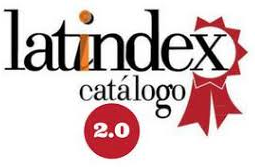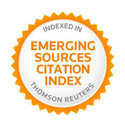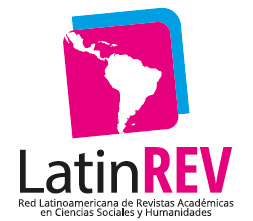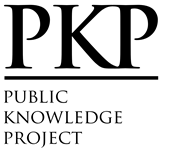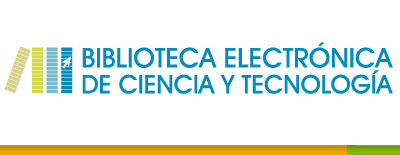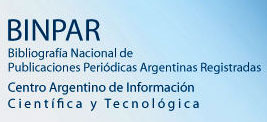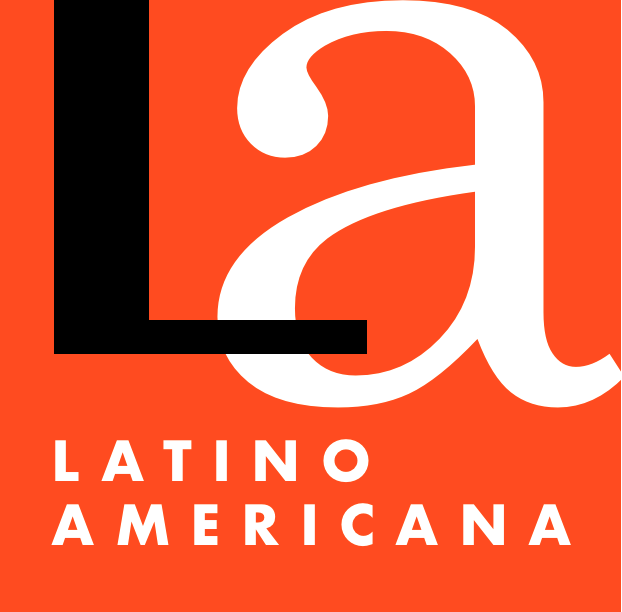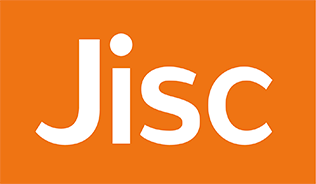Electric, authentic, and precarious
Sound quality and new rock music audiences in Uruguay during the 1980s
Abstract
During the 1980s, in Montevideo, Uruguay, music and cultural critics constantly lambasted the sound quality at live rock shows. This recurring issue was due to three main factors: the economic challenge of acquiring electronic equipment, the deficiency of sound amplification systems, and the acoustic inadequacy of most venues dedicated to rock shows. In the following paper, we analyze the above criticisms and reflect on the relationship between journalists and musicians, as they debated sound amplification and the alleged crisis of rock music. We also look at the difficulties they faced in characterizing the new youth audiences that had emerged after the democratic transition. The crisis of rock music was sparked by the impossibility of incorporating rock into — and having it be heard within the constraints of — the broader tradition of Uruguayan music. Moreover, characterizing youth audiences proved complicated because of pre-existing notions of audiences as massive and homogenous, typical of the large-scale canto popular concerts during the dictatorship. Following a thorough survey of press coverage between 1984 and 1987, we analyze the statements of journalists and musicians, doing so from the point of view of cultural and acoustic studies. More specifically, we look at the statements made by members of the band Los Tontos, who described their strategies for overcoming economic hurdles and their perception of the period’s new music audiences.
Downloads
References
Anchustegui, M. (25 de noviembre de 1986). Fito Páez fue lo mejor del “Montevideo Rock”. Aquí.
Anguita, E. y Cecchini, D. (16 de enero de 2020). Efecto Malvinas: cuando la dictadura prohibió la música en inglés y promovió el rock nacional que antes había censurado. Infobae. https://www.infobae.com/sociedad/2020/01/16/efecto-malvinas-cuando-la-dictadura-prohibio-la-musica-en-ingles-y-promovio-el-rock-nacional-que-antes-habia-censurado/.
Attali, J. (1995). Ruido: Ensayo sobre la economía política de la música. Siglo XXI.
Bayce, R. (1989). Cultura política uruguaya. Desde Batlle hasta 1988. Fundación de Cultura Universitaria.
Baltar, G. (1 de noviembre de 1986). Festival en el Teatro de Verano: la hora de los palos. La Semana.
Baltar, G. (1987). El lugar del rock, Entrevista a Los Tontos (I). La Semana.
Bonaldi, J. (1 de febrero de 1986). To Rock or not to rock. La Hora.
Blister Doc. (2014). Cooperativa del Molino [Video]. YouTube. https://www.youtube.com/watch?v=ruPqk3O0Pto.
Brando, O. (2012). La de ayer y la de hoy: cincuenta años de cultura uruguaya. En Nahum, B. (Org.), 50 años. Economía, Política, Sociedad, Cultura, Educación (pp. 501-600). Banda Oriental.
Caetano, G. y Rilla, J. (1987). Breve historia de la dictadura (1973-1985). Banda Oriental.
Carbone, A. y Forlán Lamarque, R. (1987). Fuera de control. Forum Gráfica Editora.
Casanova, G. (1988). Mamá era punk. CEMA.
Da Silveira, C. (23 de marzo de 1984). En la tele. Jaque.
De Certeau, M. (1998). The practice of Everyday Life. En Storey, J. (Ed.), Cultural Theory and Popular Culture. A Reader (pp. 483-494). Prentice Hall.
Delgado, L. (2014). Cultura y comunicación de los ochenta: la década de los senderos que se bifurcan. En Delgado L. (Ed.) Cuadernos de Historia 13 (pp. 7-18). Biblioteca Nacional.
Delgado, L. (2016). La subcultura del punk rock montevideano en la crítica musical y cultural de los ochenta (1983-1987). Encuentros Uruguayos, IX(1), 111-130. https://ojs.fhce.edu.uy/index.php/encuru/article/view/1274.
Farachio, F. (2015). Polémica sobre el rock nacional en cinco semanarios uruguayos (1985-1987) (Trabajo final de grado). Universidad Católica del Uruguay, Montevideo.
Forlán Lamarque, R. (24 de junio de 1987). Rock uruguayo en 1987. Jaque.
Forlán Lamarque, R. (2 de septiembre 1987). Rock en el Palacio: Un sonido Lamentable. Jaque.
Forlán Lamarque, R. (9 de septiembre de 1987). La música nos pertenece. Jaque.
Gracyk, T. (1996). Rhythm and Noise. The Aesthetics of Rock. Duke UP.
Hall, S. (1980). Codificar y Decodificar. En Culture, Media and Language (Trad. S. Delfino, pp. 129-139). Hutchinson.
Iglesias, D. (28 de noviembre de 1986a). Tres días que (casi) conmovieron a la ciudad. Brecha.
Iglesias, D. (28 de noviembre de 1986b). ¡Coca Cola es así! Brecha.
Jorge Lazaroff: mucho más de medio kilo de charla. (20 de diciembre de 1986). La Hora.
José “DeQo” Núñez. (1950-2015): Meridiano del rock en la radio uruguaya. (2 de febrero de 2015). La Galena del Sur. https://lagalenadelsur.wordpress.com/2015/02/02/jose-deqo-nunez-1950-2015-meridiano-del-rock-en-la-radio-uruguaya/.
Marcus, G. (1993). Rastros de carmín: una historia secreta del siglo XX. Anagrama.
Moore, A. (2002). Authenticity as Authentication. Popular Music, 21(2), 209-223.
Muñoz, B. y Del Signore, G. (1991). 20 años no es nada. (La movida de los ’80). En Araújo, A. M. (Comp.), Jóvenes: una sensibilidad buscada (pp. 15-32). Nordan-Comunidad.
Pattie, D. (2007). Rock music in performance. Palgrave-Macmillan.
Peláez, F. (2002). De las cuevas al Solís, 1960-1975: cronología del rock uruguayo. Perro Andaluz.
Pérez da Cunha, A. (12 de septiembre de 1985). “Los Estómagos” se comen todo. La Hora.
Phillipov, M. (2006). Haunted by the Spirit of ’77: Punk Studies and the Persistence of Politics. Continuum. Journal of Communication & Cultural Studies, 20 (3), 383-393.
Rodríguez, M. (2012). En la noche: el rock uruguayo postdictadura. Fin de Siglo.
Rodríguez Barilari, E. y Da Rosa, J. (1980). Aquí se canta, Canto Popular 1977-1980. Arca.
Saperas, E. (1985). La sociología de la comunicación de masas en Estados Unidos. Ariel.
Sotelo, G. (15 de octubre de 1985). ¿En qué anda la música por aquí? Aquí.
Sotelo, G. (11 de marzo de 1986). Los Estómagos hablan con Aquí. Aquí.
Sotelo, G. (2 de septiembre de 1986). Lo nuestro es rock de alternativa humorística (Los Tontos). Aquí.
Veloso, C. (1997). Verdade Tropical. Companhia das Letras.
Copyright (c) 2021 Leandro Delgado, Federico Farachio

This work is licensed under a Creative Commons Attribution-NonCommercial 4.0 International License.
The authors retain the copyright and guarantee the journal the right to be the first publication of the work. In case that a translation of the article already published in Austral Comunicación can be published in another journal, it is requested to record the original publication in the translated version.
The license used is CC BY-NC-SA, which allows sharing (copying and redistributing the material in any medium and format) and adapting (remixing, transforming and building on the material) under the following terms: attribution (acknowledge authorship) and non-commercial (the material cannot be used for commercial purposes). Update: February 1, 2022.
Austral Comunicación allows the author (s) to retain the publication rights without restrictions.








